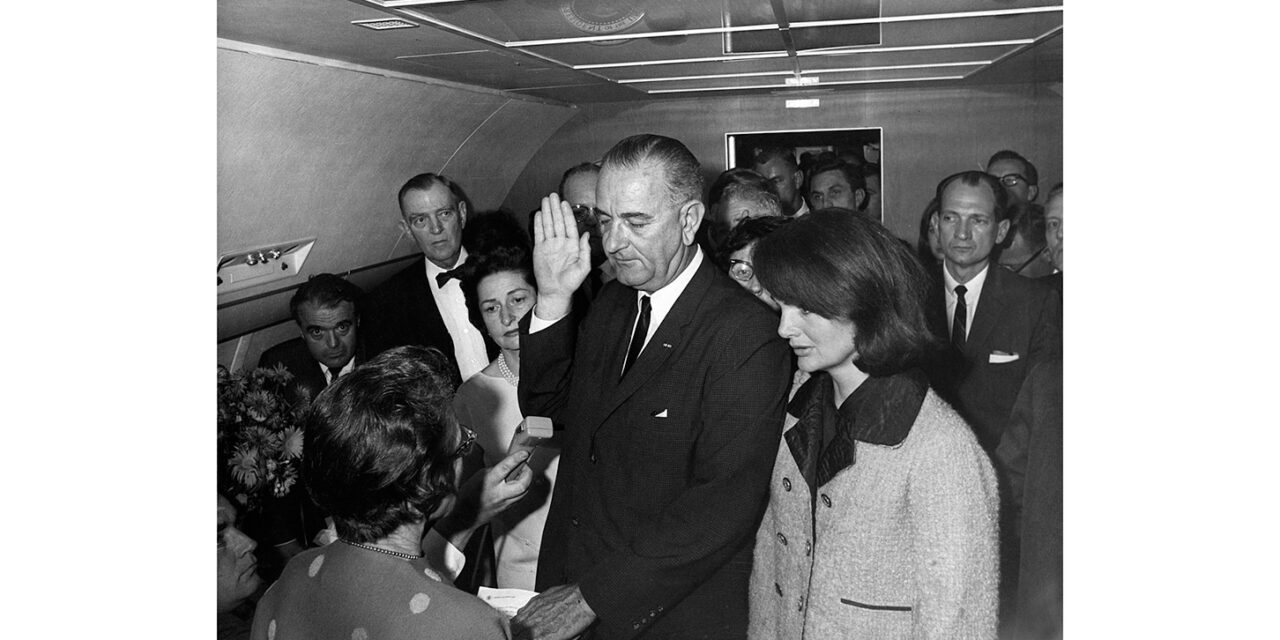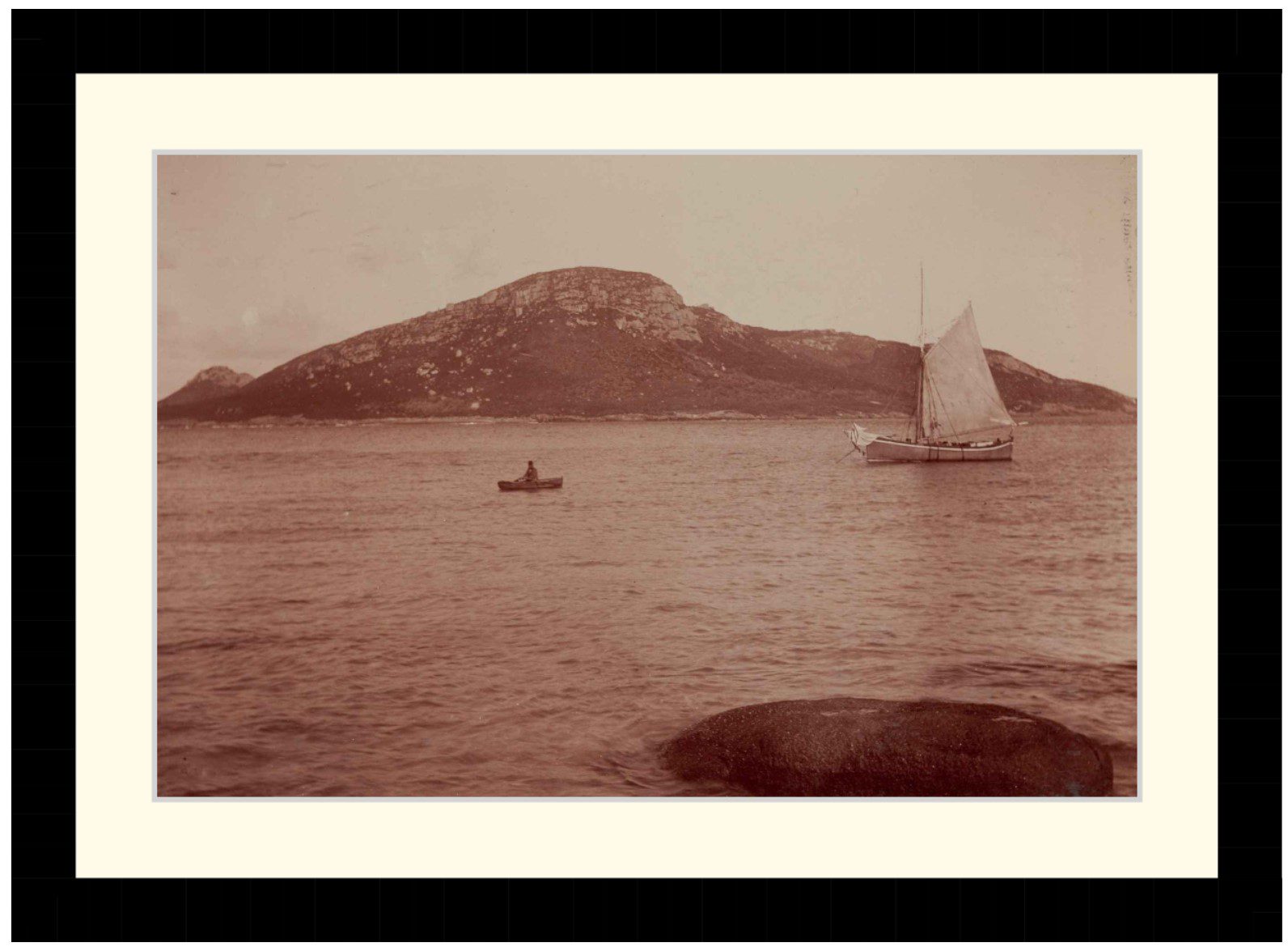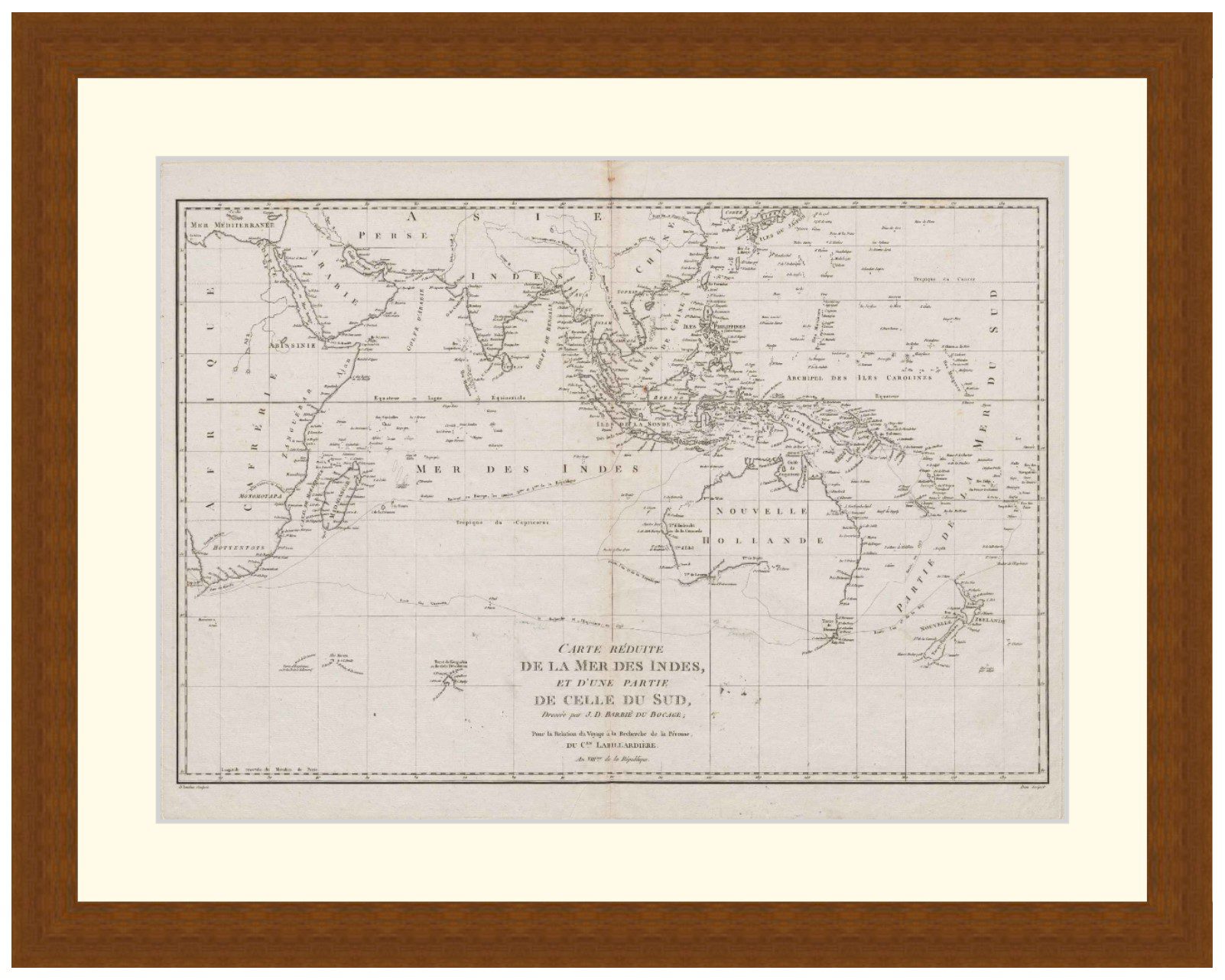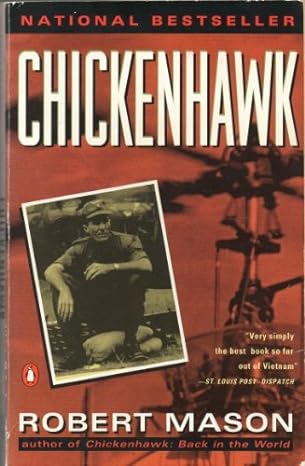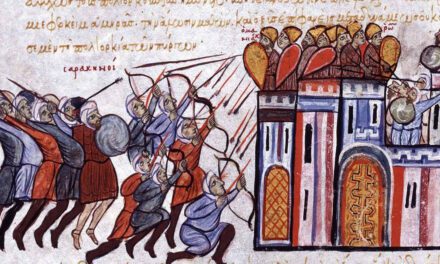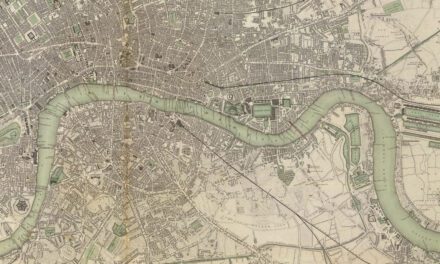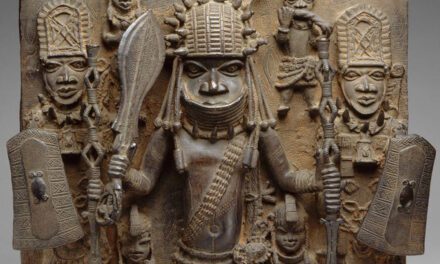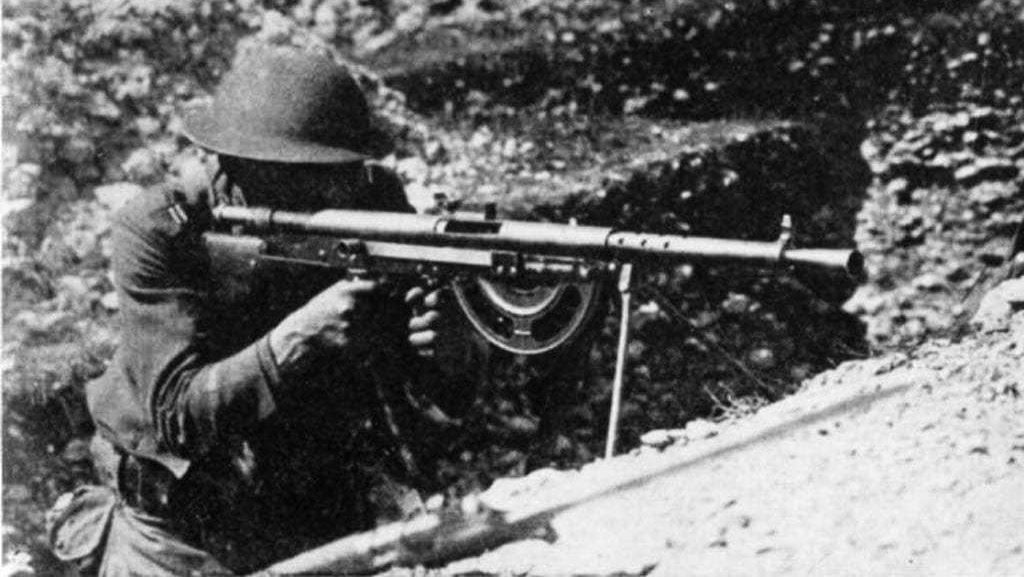History Guild General History Quiz 195
See how your history knowledge stacks up!
Want to know more about any of the questions? Scroll down to learn more!
Have an idea for a question? Suggest it here and we’ll include it in a future quiz!
The stories behind the questions
1. Who took over as US President after John F. Kennedy was assassinated?
Lyndon B. Johnson – Johnson was sworn in as president on Air Force One in Dallas just two hours and eight minutes after Kennedy was assassinated. Johnson renewed Kennedy’s attempts to pass a Civil Rights Act, utilising all his political skill to ensure it passed the following year.
He then embarked on a campaign to create ‘The Great Society’, which encompassed movements of urban renewal, modern transportation, clean environment, anti-poverty, healthcare reform, crime control, and educational reform. He championed the passage of the Voting Rights Act and was was the first President to arrest and prosecute members of the Klan since Ulysses S. Grant in 1870.
He concurrently increased American commitment to War in Vietnam. When he took office there were 16,000 American military personnel in Vietnam. When he left there were 525,000 and over 70,000 had been killed or wounded in the conflict.
2. Which conflict was the Saar Offensive part of?
WW2 – In September 1939, as German armies overran large swathes of Poland far to the east, the French launched an offensive of their own. Their goal was to capture the Saarland, the area between the French border and the German Siegfried line and force the Germans to transfer divisions away from Poland.
3. When were the first Olympic games held?
776 BCE – From 776 BCE on, the Greeks gathered every four years to celebrate the Olympic Games and compete in a number of disciplines, including the foot race, boxing and various equestrian skills. The Games became part of an elaborate festival circuit, which also featured competitions in trumpet-playing and the recitation of poetry. Even beauty contests – for men!
4. How long did the country of Yugoslavia exist for?
74 Years – In 1918 after World War I, the Kingdom of Serbs, Croats, and Slovenes, later called the Kingdom of Yugoslavia was formed. This became the Socialist Federal Republic of Yugoslavia in 1945 until its breakup amid war in 1992.
5. In 1879 what caused Napoléon IV’s death?
Killed by Zulus while fighting in the British army – Known as Louis-Napoléon, Napoléon IV was the only child of Napoléon III, who died in exile in Britain in 1873. Napoléon IV was commissioned in the British Army and trained at the Royal Military Academy, Woolwich. He lobbied to be posted to the Zululand to take part in the Anglo-Zulu war then in progress. He was leading a small scouting force when he was ambushed and killed by Zulus.
6. Which of these continents did humans reach first?
Australia – Humans reached Australia between 65,000 and 50,000 years ago. Humans first crossed the Bering Strait to enter North and South America between 20,000 and 15,000 years ago.
7. When was the first International Police agency formed?
1923 – In September 1923, representatives from Austria, Germany, Belgium, Poland, China, Egypt, France, Greece, Hungary, Italy, the Netherlands, Japan, Romania, Sweden, Switzerland, and Yugolsavia agreed to create the International Criminal Police Commission (ICPC). This was disrupted by WW2, in its wake it was reformed as Interpol, which now has 196 member states.
8. What do the battles of Hastings, Bosworth and Lutzen all have in common?
They saw the death of a monarch – Harold II was killed at Hastings and his forces lost heart and fled. Richard III’s forces were defeated at Bosworth, and he was then killed. Gustavus Adolphus was killed at Lutzen, but the Swedish King’s army rallied and went on to win the battle.
9. When was the first Godzilla film released?
1956 – Made in Japan in the immediate aftermath of defeat, and the destruction of Japanese cities by Allied bombing, the film is seen as reflecting much of the trauma in Japanese society.
10. When did the 30 Years War end?
1648 – One of the longest and most destructive conflicts in European history, resulting in millions of casualties. Initially a war between various Protestant and Catholic states in the fragmented Holy Roman Empire, it gradually developed into a more general conflict involving most of the great powers.

